A climate change bill which aims to make it a legal requirement for NI to reach net-zero emissions by 2045 has been heavily criticised by DAERA’s director of environmental policy.
Colin Breen told Stormont’s agriculture committee that the private member’s bill brought forward by Green party leader Clare Bailey would “likely be highly damaging to the local economy”.
He urged MLAs to support a different climate bill which is currently being finalised by DAERA.
This bill would require NI to cut emissions by at least 82% by 2050 and is based on recommendations from a group of expert advisers to the UK government, known as the Climate Change Committee (CCC).
Breen said that the difference between cutting NI emissions to net zero, rather than by at least 82%, only corresponds to a 0.73% reduction in overall UK emissions.
He described the additional costs of going to net zero as “staggering” and pointed to CCC calculations which indicate an extra £900m will be needed each year to fund new technologies for NI to hit net zero.
“I have to question, is it really worth it? For an extra 0.73% reduction in UK emissions which can still be achieved within the UK as a whole?” he asked.
Breen pointed to a letter from the CCC which states that cutting ruminant livestock numbers in NI by 50% would not be enough for NI to reach net zero.
“Should the agriculture sector here be so negatively affected for no overall UK or global gain?” he asked MLAs.
He pointed out that NI plays “a vital role in food production” within the UK and that there is a risk that emissions will be exported overseas as the UK will likely import more food from abroad if agricultural output reduces in NI.
Significant criticism
The comments from Breen are significant as he is the lead official on climate change within DAERA and will be charged with implementing policies to reach any future emission reduction targets.
During his presentation last week, Breen repeatedly highlighted how the private member’s bill with its net-zero target ignores key recommendations from the CCC. He described the CCC as “world renowned” and “respected” experts on setting climate policy and developing pathways to reach emissions targets.
“All other jurisdictions in the UK have all taken the CCC advice on board to set their targets. Currently the private member’s bill as drafted [for NI], hasn’t. That’s my main concern as an official providing evidence,” Breen said.
Low-input farming will not achieve net zero
In his briefing at Stormont last week, senior DAERA official Colin Breen countered several arguments which have been made by MLAs to justify their support for the net zero climate bill.
Green Party MLA Clare Bailey, who is the bill’s main sponsor, has questioned calculations used by the CCC and argued that wider use of agroecology or less intensive farming will allow NI to reach net zero.
However, Breen was clear that there was no scientific evidence to support these claims.
“There are over 50 pages of information on all the modelling and scenarios that CCC have used to account for the land use sector. The agroecology bit is simply a paragraph identifying some areas which have not been included in what is a very comprehensive modelling exercise,” he explained.
“Some further actions, which may sequester carbon, are not a magic answer,” Breen added.
Sinn Fein MLA Declan McAleer pointed to the Republic of Ireland (ROI), where agriculture is also a major contributor to emissions, but the government has still set out climate change targets.
But Breen was quick to point out that the objective in ROI is to achieve “a climate neutral economy” which is not necessarily the same as reducing carbon emissions to net zero, as set out in the NI bill.
“It’s a very odd wording. There needs to be more clarity around that because it doesn’t actually mention net zero anywhere,” he said.
The DAERA official rebutted suggestions from some MLAs that NI would not be doing its “fair share” if it only aimed to cut emissions by at least 82%, instead of reaching net zero.
He said the at least 82% target, as recommended by the CCC, would require “equivalent effort” as other UK regions, and represents “a fair and equitable contribution” to the UK reaching net zero by 2050.
Peatland warning
A warning was also given that, while some MLAs argue that the CCC has underestimated the ability of NI to de-carbonise, there are already concerns that NI’s capacity to cut emissions has been overestimated.
Breen gave the example of emissions from degraded peatlands which will soon be included in greenhouse gas calculations for the first time. This is likely to add around two mega tonnes of carbon dioxide equivalent to NI’s current total emissions of 19.4 mega tonnes.
“In six months or a years’ time, we will probably be in a worse position than we are now because more emissions are being counted,” Breen warned.
“The bill needs flexibility to take into account emerging evidence, advice and science. As the private member’s bill is currently drafted, there is not enough leeway,” he maintained.



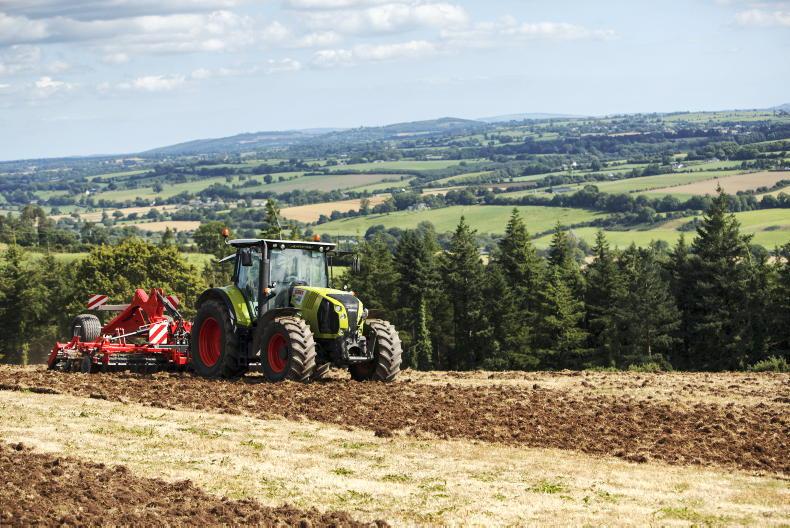

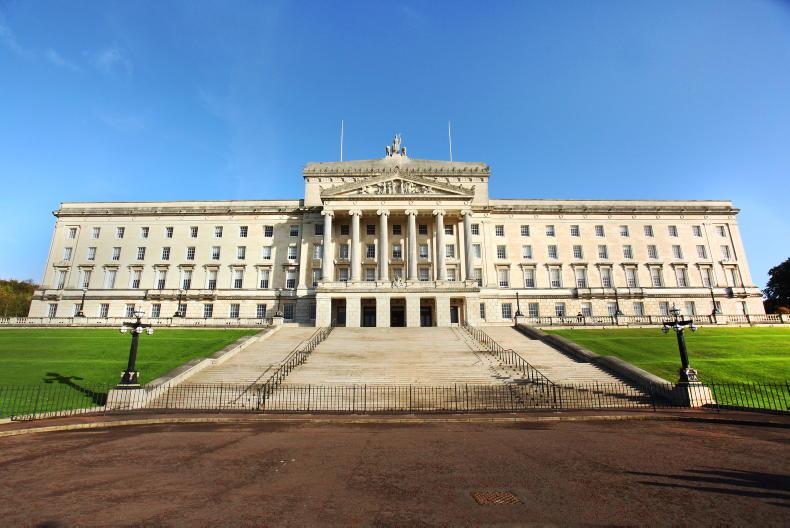

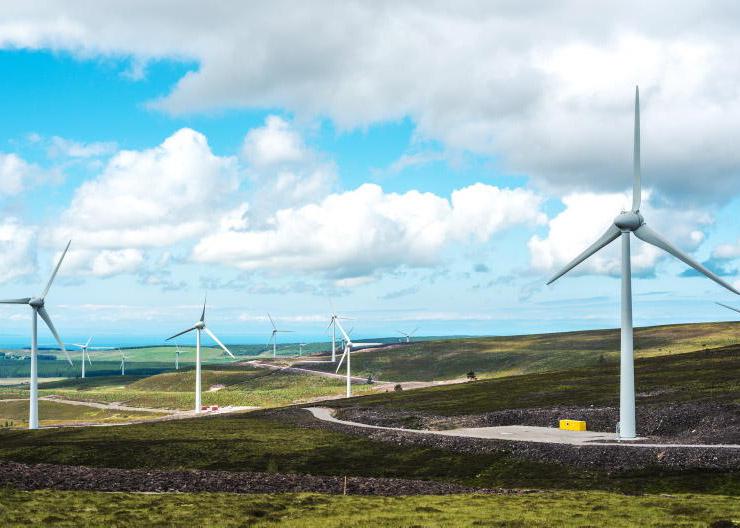
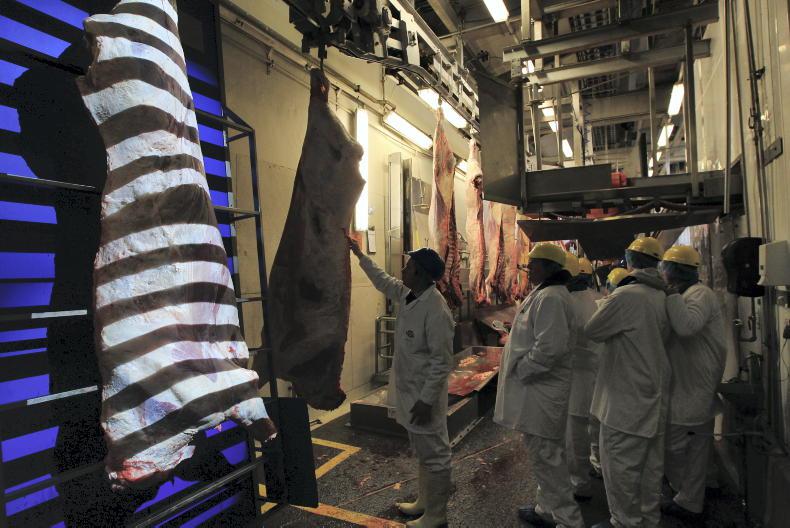
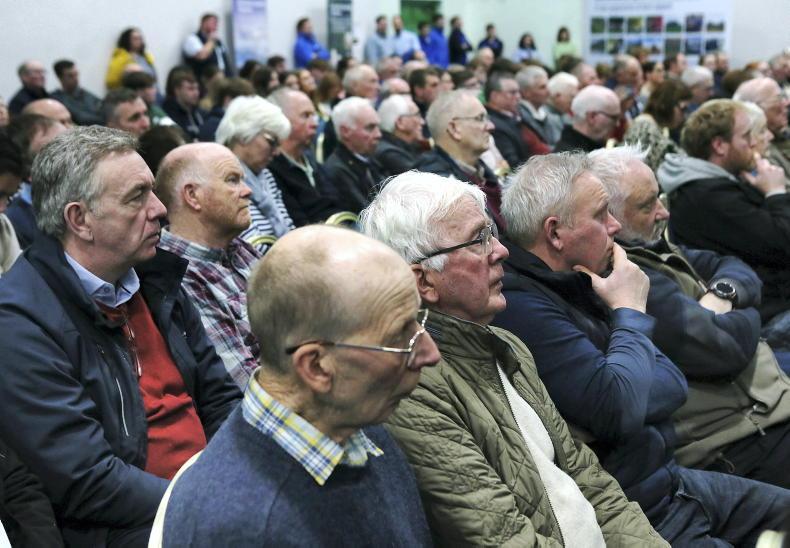
SHARING OPTIONS